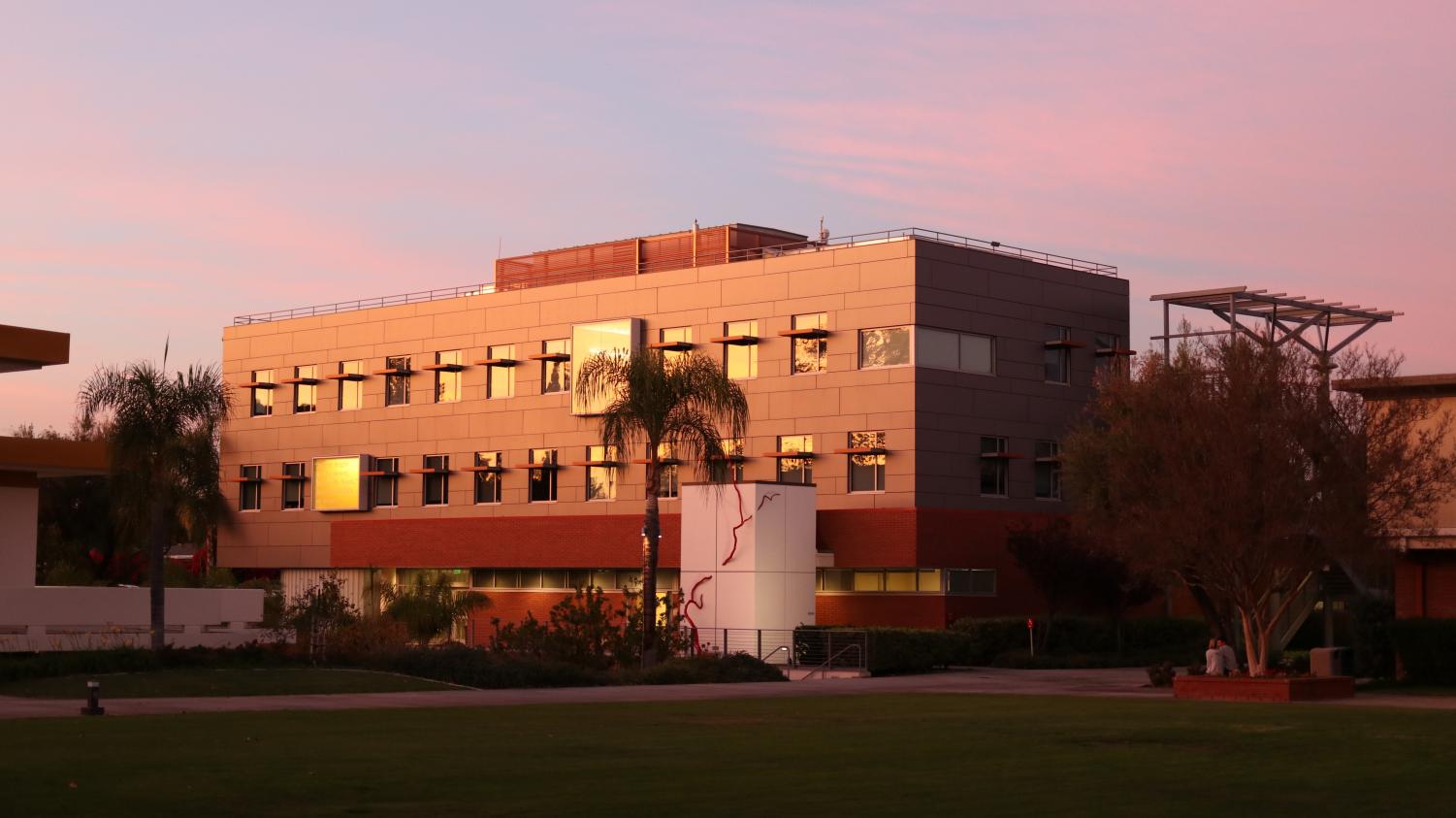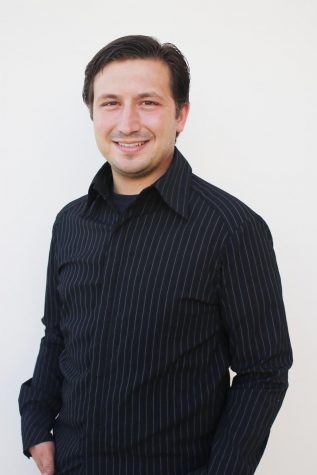This story was originally published in print on Nov. 1, 2018.
Talbot School of Theology has long touted its mission to prepare students to become deep theological thinkers with a strong biblical foundation. The Torrey Honors Institute has a similar commitment to pursue “Bonum, Verum, Pulchrum”—Latin for “the Good, the True and the Beautiful”—who is Jesus Christ. Recently, both of Biola’s academic programs have come together to launch the new Master of Arts in Classical Theology.
With questions looming about the future of university education, the new master’s program is not just a newly offered degree, but also a new way of doing education.
BRICKS TO CLICKS
In a 2012 Pew Research Center report, the future of the brick-and-mortar university looks dim. The rising costs of education, along with the decreasing value of a college diploma, have brought into question the worth of the university enterprise. Furthermore, the rapid massing of university competitors is not slowing down. The encroachment of for-profit universities, online non-profit learning organizations such as Khan Academy and a host of other sources of information seems to continually reduce the relevance of the traditional university. Why study at university when you can study from your home, or obtain the same information for free?
The history of the university has always been marked by the needs of the culture. During Medieval Europe, many clergy members would spend their years at university rigorously studying canonical law, discussing theological concepts and fulfilling their final requirements before officially overseeing a church. During the colonial periods, establishing a university often meant the establishment of a cultural promulgation hub, training people for religious, social and navigation purposes. After the Industrial Revolution, universities adapted again to address the rising challenges of teaching students to use new industrial-specific methods and tools. Now, in a post-industrial economy, the answers appear bleak for the brick-and-mortar university.
THE MASTERS IN CLASSICAL THEOLOGY
The new Master of Arts in Classical Theology, in many ways, is a response to this question. If universities are no longer the hubs of information and if the full range of subjects required for a university degree are becoming less and less relevant to job-specific requirements, then why a university at all? The answer: to develop the human person and reclaim one of the oldest justifications for university.
The new masters program will plunge students not only into the classical theology of Christian tradition, but, according to Talbot’s degree description, will also allow them to “experience a Socratic pedagogy in the classroom.” Following the Torrey undergrad format, they will be assigned classical texts for discussion and a faculty mentor to guide their studies and apprentice them.
RECLAIMING AN OLD TRADITION
However, bringing Talbot and Torrey together for a master’s in classical theology may not be the final chapter in their cooperation. For undergraduate and graduate students alike, preliminary work has already begun on a Torrey master’s program. According to Torrey Honors Institute professor Fred Sanders this program, of course containing work in theology, will incorporate the breadth of liberal arts similarly enjoyed in the undergrad Torrey program.
Both of these programs possess similar responses against the general university norm—a hub of information encouraging students to memorize and regurgitate facts. Instead, these programs seeks to return to the core justification for theological and liberal arts study—to develop a student’s ability to think critically, engage intentionally and to serve faithfully.
The Masters in Classical Theology is a first step at Talbot to again test this once traditional approach. By using Torrey’s methods of reading well, community discussion and careful guidance under tutors, Talbot is hoping the Masters in Classical Theology will “serve as a doorway for pastor-theologians.”








